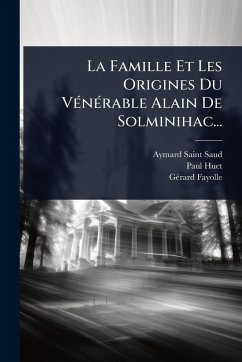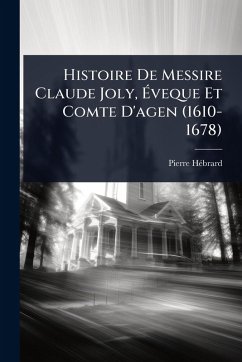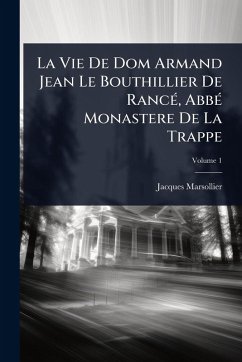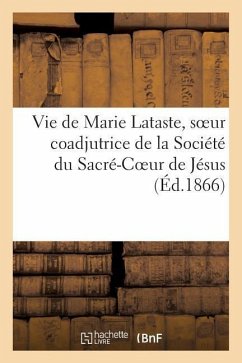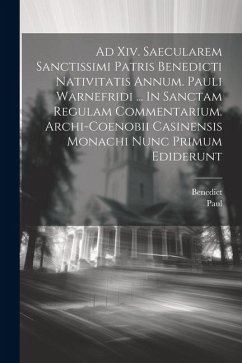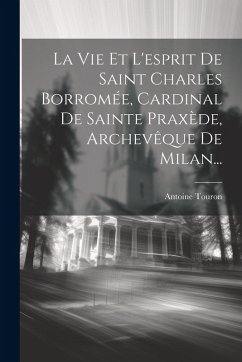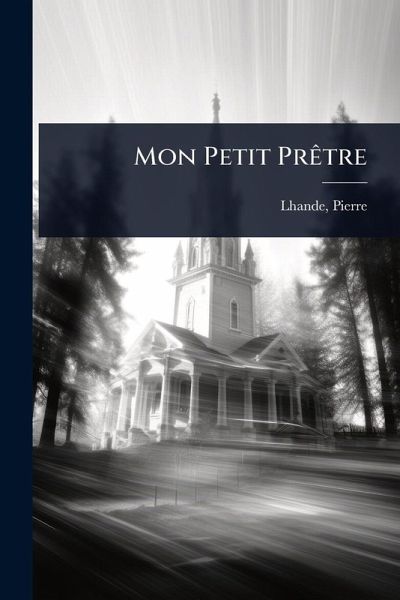
Mon Petit PrÃatre

PAYBACK Punkte
11 °P sammeln!
Mon Petit PrÃatre: RÃ(c)cit D'une Mère, written by Pierre Lhande and originally published in 1917, offers a poignant glimpse into the life of a mother and her son's journey into priesthood. This narrative provides insight into the religious and social atmosphere of early 20th-century France. Through personal anecdotes and heartfelt reflections, Lhande captures the devotion and challenges faced by those dedicated to the Catholic Church. This historical work will resonate with readers interested in religious biography, French history, and the personal stories that illuminate broader cultural ...
Mon Petit PrÃatre: RÃ(c)cit D'une Mère, written by Pierre Lhande and originally published in 1917, offers a poignant glimpse into the life of a mother and her son's journey into priesthood. This narrative provides insight into the religious and social atmosphere of early 20th-century France. Through personal anecdotes and heartfelt reflections, Lhande captures the devotion and challenges faced by those dedicated to the Catholic Church. This historical work will resonate with readers interested in religious biography, French history, and the personal stories that illuminate broader cultural movements. This work has been selected by scholars as being culturally important, and is part of the knowledge base of civilization as we know it. This work was reproduced from the original artifact, and remains as true to the original work as possible. Therefore, you will see the original copyright references, library stamps (as most of these works have been housed in our most important libraries around the world), and other notations in the work. This work is in the public domain in the United States of America, and possibly other nations. Within the United States, you may freely copy and distribute this work, as no entity (individual or corporate) has a copyright on the body of the work. As a reproduction of a historical artifact, this work may contain missing or blurred pages, poor pictures, errant marks, etc. Scholars believe, and we concur, that this work is important enough to be preserved, reproduced, and made generally available to the public. We appreciate your support of the preservation process, and thank you for being an important part of keeping this knowledge alive and relevant.



